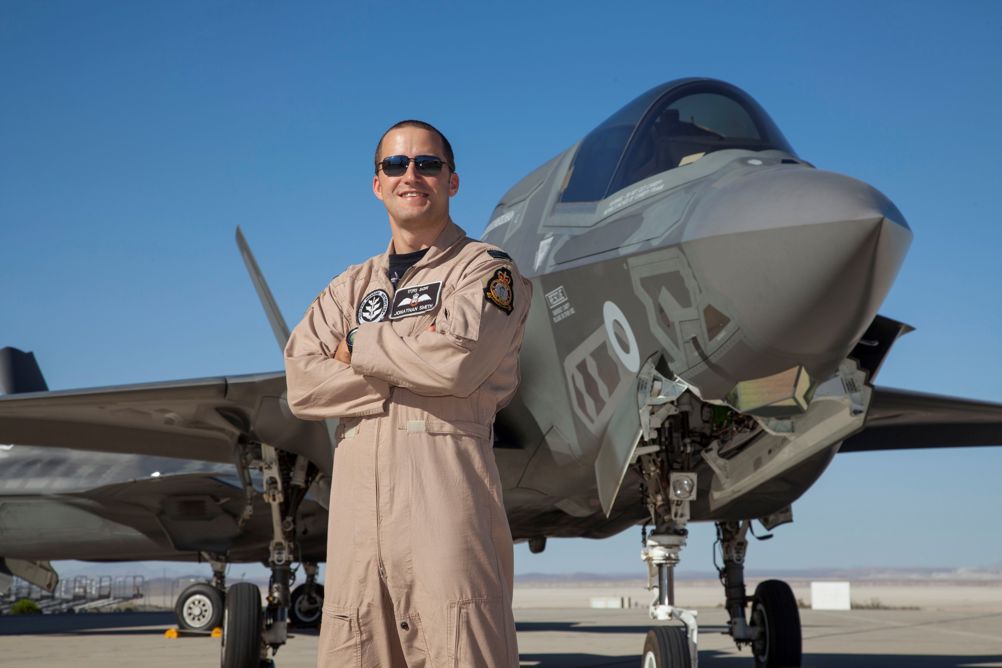Run in collaboration with the MOD, the Combat Air Artificial Intelligence Challenge is seeking applications from SMEs, start-ups and academia. Winners could receive funding for six-month pilot projects, with the potential to continue working with Leonardo longer term. Ultimately, the company hopes the competition can feed into Leonardo’s involvement with the Global Combat Air Programme (GCAP) to develop a new fighter jet for the UK, Italy and Japan by 2035.
“We want to see how you far you can go with Machine Learning and AI in the Combat Air environment,” said Jonathan Smith, Leonardo UK’s VP Capability, CTO, Future Combat Air (GCAP), Electronics Division, who is also a former RAF fighter pilot.

“What is the next step we can take in this field where the artificial intelligence can coordinate the gathering and handling of information by the sensors that act as the nervous system of the jet? We don’t just need it to process that data, we need the AI to go through a process of machine learning where it will offer the best solutions, better than a top co-pilot possibly could. Seconds can feel like hours up in the air if there is a trace of uncertainty on the best course of action, so we want to remove those stressors for the pilot and offer streamlined reasoning that stays true regardless of how complex the environment becomes.”
Related content
Leonardo is the UK lead for developing the GCAP’s advanced electronics that will provide the aircrew with ‘information advantage and advanced self-protection capabilities’. According to Smith, AI’s key role in air combat will be to handle the huge volumes of complex data generated by the next generation of fighter jets, processing it and packaging it into clear and useful information that pilots can then act on.
“One of key areas will be looking to optimise is the performance of multiple sensors across lots of different platforms at the same time,” he said.
“We want the AI to optimise multiple sensor types across the platforms, creating a step change in claiming the operational advantage. Competition entrants need to challenge the AI to learn the best methods to deal with a number of different scenarios. We want the pilots of the future to benefit from all the hard work that will go into this AI Challenge. That’s the dream of AI, to start a new golden age of machine intelligence that elevates the pilot to new heights.”











Emergency law passed to protect UK steelmaking
<b>(:-))</b> Gareth Stace as director general of trade body UK Steel, is obviously an expert on blast furnace technology & operation. Gareth...